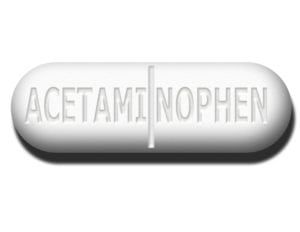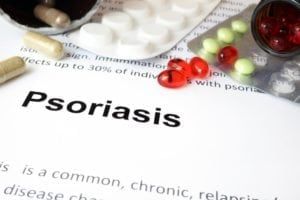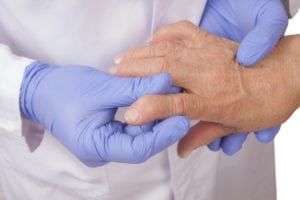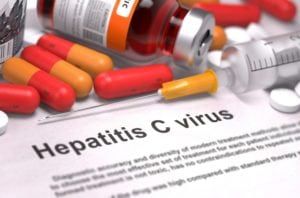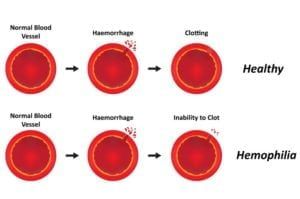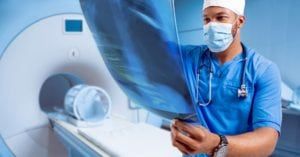The Zyto Scan is a decision-support technology used to help doctors identify biological information about a patient. Doctors use this information to develop individualized treatment plans and lifestyle modifications that will generate the most favorable results for the patient. During a scan, which can easily be performed from the comfort of a doctor’s office, small energy impulses are delivered to the body while the Zyto software system waits for a neurological response. These biological reactions are recorded and interpreted by the healthcare provider administering the test.
While Zyto Scans may sound complex, they are actually quite comfortable and painless. In fact, Zyto Scans considered safe enough to use on people of all ages – including infants, people with pacemakers, and women who are pregnant. Because there are no contraindications or dangers involved with the screening, patients can undergo Zyto Scans on a regular basis.
Frequently Asked Questions
Who needs a Zyto Scan?
Nearly anyone can benefit from a Zyto Scan, including those who wish to be more informed about their individual health needs. Depending on your personal health, you may wish to undergo a ‘general’ health scan that gives you an idea about your overall wellness, or you may benefit from a scan that hones in on specific areas of the body – perhaps one in which you are experiencing symptoms.
What should I expect during a Zyto Scan?
Zyto Scans vary in length depending on the number of stimulating impulses introduced to the body during the scan. In some cases, Zyto Scans last less than 5 minutes. In others, it can go on much longer. During the scan, your hand will be placed on a specialized hand cradle, which will be used to measure your body’s biological responses. The scan is painless, and you may not even be able to sense the ‘communication’ as it is happening.
How will my doctor use the results from my Zyto Scan?
The results from your Zyto Scan are available for instant interpretation. Your doctor does not use Zyto Scanning results to make a diagnosis, but it can be a supporting factor in determining whether to pursue diagnostic testing or a specific treatment regimen.













































































































